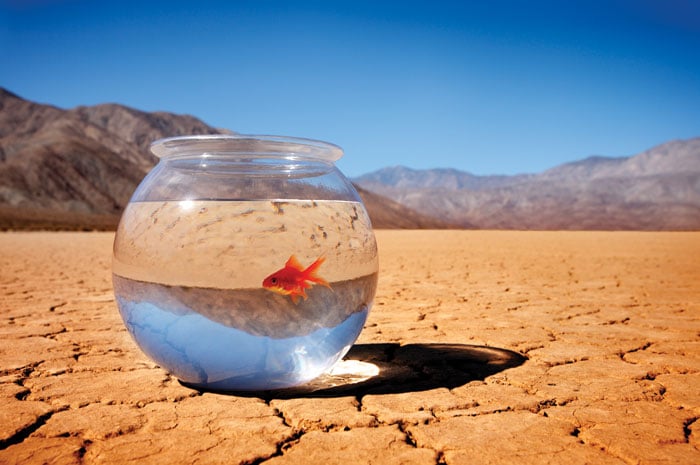
One of the cleverest ways I’ve heard the Israeli-Jewish experience described, specifically the secular Israeli-Jewish experience, is with the term “fish in water.” The fish is the Israeli, and regardless of how removed one living in Tel Aviv is from religious traditions or from Zionist ideology, Jewish identity is the water. Simply by living in the Jewish state, by speaking Hebrew, by serving in the army, and by bemoaning the lack of transportation from Haifa to Netanya on Shabbat, one is fulfilling the wildest dreams of those who came before us.
This lifestyle seems extraordinary to an American Jew who grew up as a minority, but “fish in water” means it can certainly feel mundane, and even banal, to members of a Jewish majority. I first heard the term when speaking to friends in Tel Aviv, some of whom relayed a frustration I’ve heard before: the aloof attitudes Israelis often express toward the boycott, divestment, and sanctions (BDS) movement and anti-Israel rhetoric in the U.S. To many Israelis, the rise of anti-Zionism in western counties is not a pressing concern to the same degree as terrorist attacks or the economy. Therefore, distancing themselves from the drama of the Diaspora bears no consequences.
I saw cracks in the fishbowl — signs that the outside world of politics and persuasion may be leaking in, and that Jewish history may be catching up to those who live in the most privileged circumstances in Jewish history.
But while I was in Israel this past week, my usual agreement with this analysis changed. I saw cracks in the fishbowl — signs that the outside world of politics and persuasion may be leaking in, and that Jewish history may be catching up to those who live in the most privileged circumstances in Jewish history.
Outside a Tel Aviv gay bar where local drag artists performed the hits of Ofra Haza and Lady Gaga, a group of patrons considered over cigarettes and gin the implications of a recent viral Twitter thread. These individuals, I should note, were no doubt all members of the left, vocally resentful of the occupation of the West Bank and made squeamish by the use of the term “Zionist.” But their feathers were ruffled nonetheless. Kandy Muse, an American drag queen, had recently written online: “Don’t make the mistake I did of not being fully educated and aware of the pink washing of Israel, genocide and displacement of Palestinian people.”
Over the last several years, popular drag queens with large social media platforms have been pressed by the BDS movement to cancel their gigs in Tel Aviv, all to the bewilderment of their Israeli fans. They are then encouraged to publicize the reasons for making their decision, spreading the word to millions.
From people sitting across the table, I heard arguments like: “We are the only place in the Middle East where there is a drag scene. We are progressive and queer, not settlers, you should be criticizing the politics, not punishing the people.” These are all topics American Jews have been discussing for a while, yet it appeared to be just dawning upon these Israelis — who perhaps considered the need for a Jewish state to be outdated or right-wing — that the ideology festering on American college campuses against the abstract smokescreen of Zionism can and will affect their lives, too. I saw in their faces a realization: This feels like discrimination, and the absurdity of it all is that you are talking about it in a state that allows you to vote and to criticize and to dress up as a woman and lip-sync to Cher.
Anti-Zionism does not affect Diaspora and Israeli Jews in two different universes. American Jews are not simply grappling with prejudice in left-wing academic spaces while Israelis grapple with the potential of a third intifada. Anti-Zionism is fashioned to be a united front against the Jews that will harm all of us in the same ways at the same time. The Students for Justice in Palestine chapter at your local university knows they cannot punish the IDF, so they punish the Hillel instead, while across the ocean, Israelis begin to feel the implications of cultural boycotts and increasingly feel demonized and isolated. And when there is violence in Israel, that violence can take also the form of attacks against Jews in Europe and the United States, such as the Jews who were attacked while simply eating sushi in a restaurant in LA. My insistence on the equivocation between anti-Zionism and antisemitism comes from seeing the former’s designed function to squeeze Jews anywhere, the strongest rancor toward that which keeps us safe and organized.
It was this “anti-Zionism” that started the conflict that these activists claim to be solving. In 1948, in 1967 and in 2021, it was the refusal to recognize the Jewish people’s equal right to the same advantages as all other peoples. By that measure, it doesn’t matter if the Jew is in New York City or in Haifa.
Zionism has helped to sustain a Jewish identity for the Reform movement in the United States and for secular and less religious Jews all over the world.
I like the metaphor of “fish in water” because it exemplifies the Zionist project, which was, quite simply, a secular success. To me, it says that I can go to the grocery store, browse through Twitter on Shabbat, and sneak a sandwich on Yom Kippur while still living a Jewish life, still very much connected to my people, as long as I feel connected to Israel. Zionism has helped to sustain a Jewish identity for the Reform movement in the United States and for secular and less religious Jews all over the world. It offers us a particular sense of peoplehood to embrace outside the synagogue—something that brings us together. Without Zionism, many, and certainly many in generations to come, would cease to feel Jewish. There is a widening chasm between American Jews and Israeli Jews, but I’m glad both are beginning to recognize that an attack on one remains an attack on all.
Blake Flayton is New Media Director and columnist at the Jewish Journal.









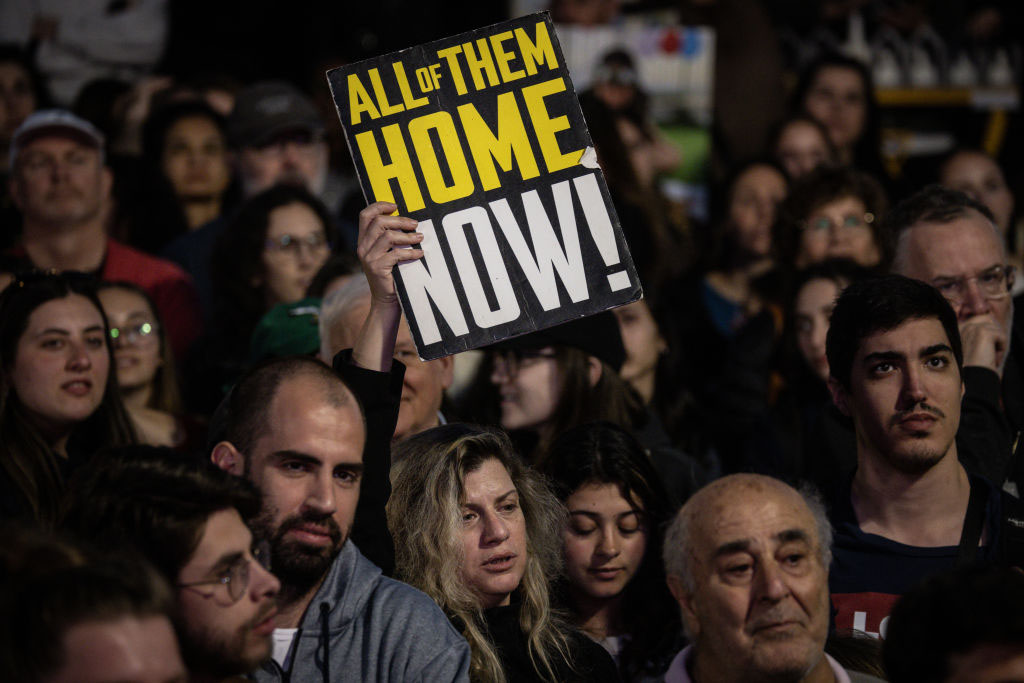


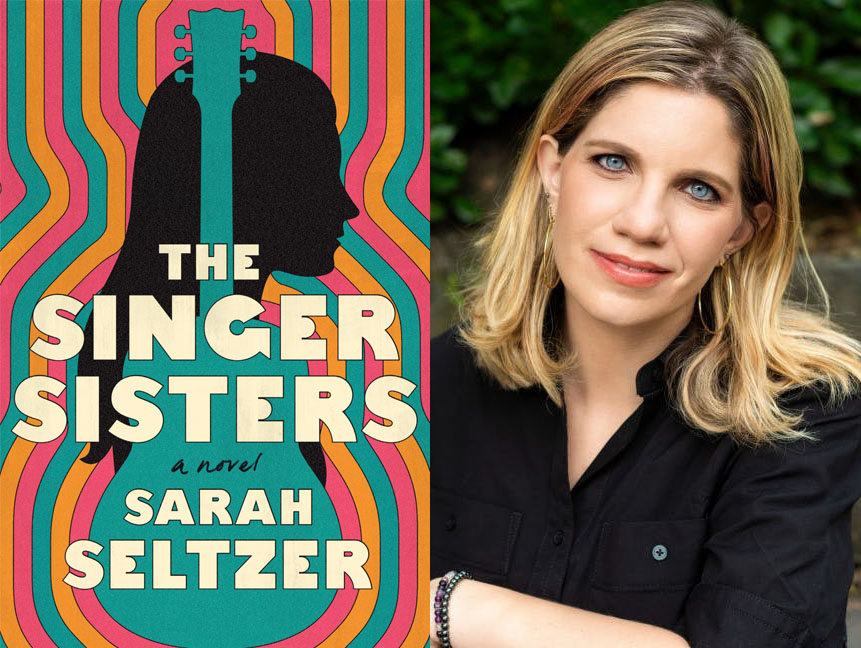
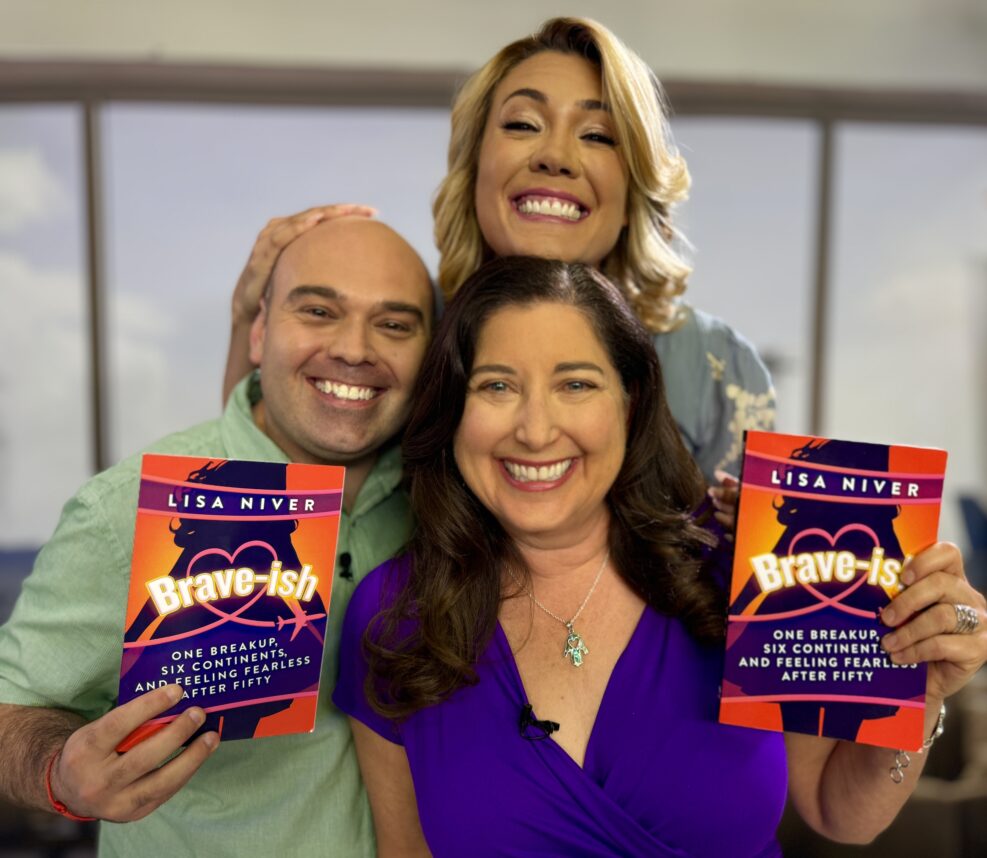


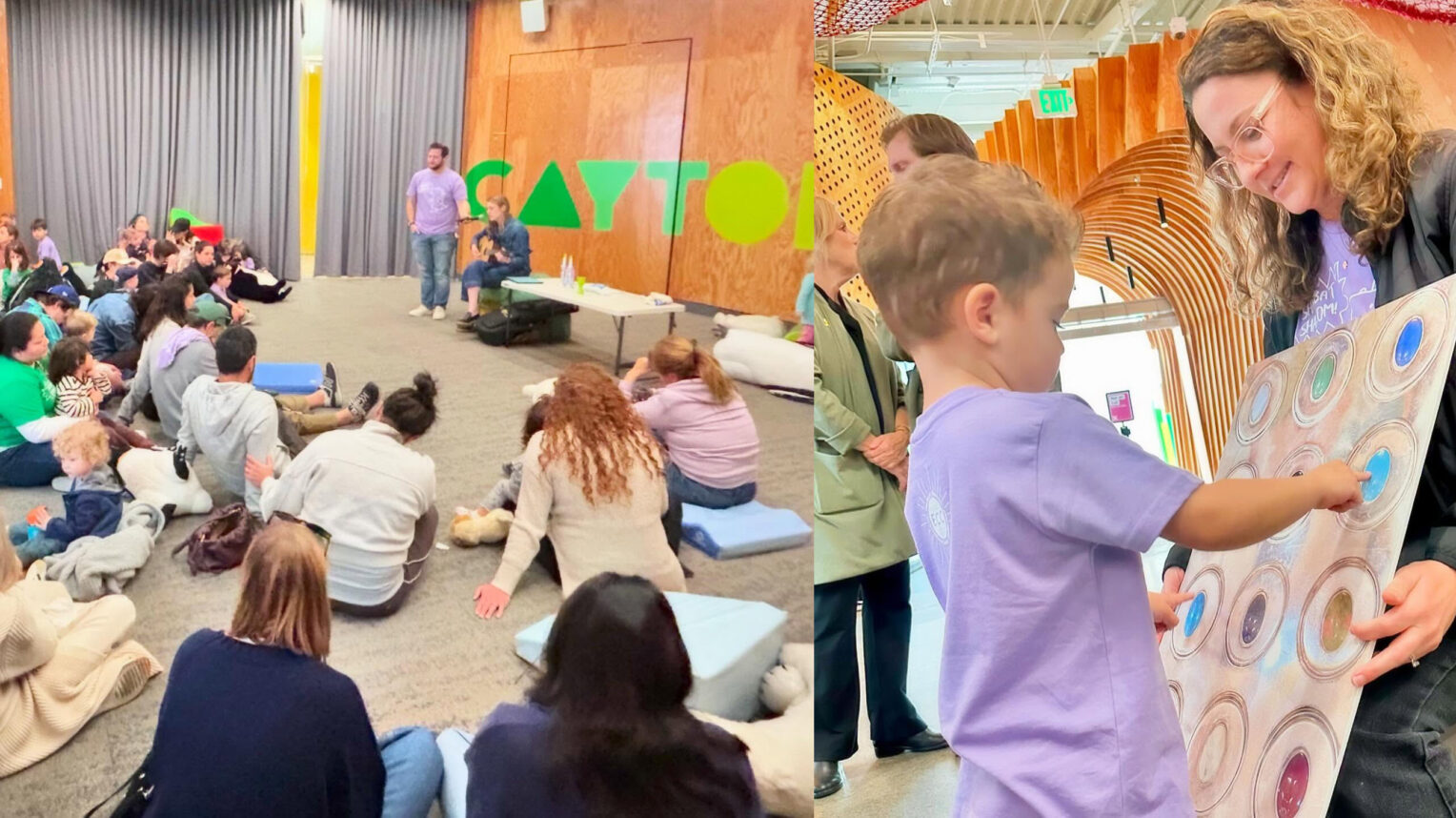
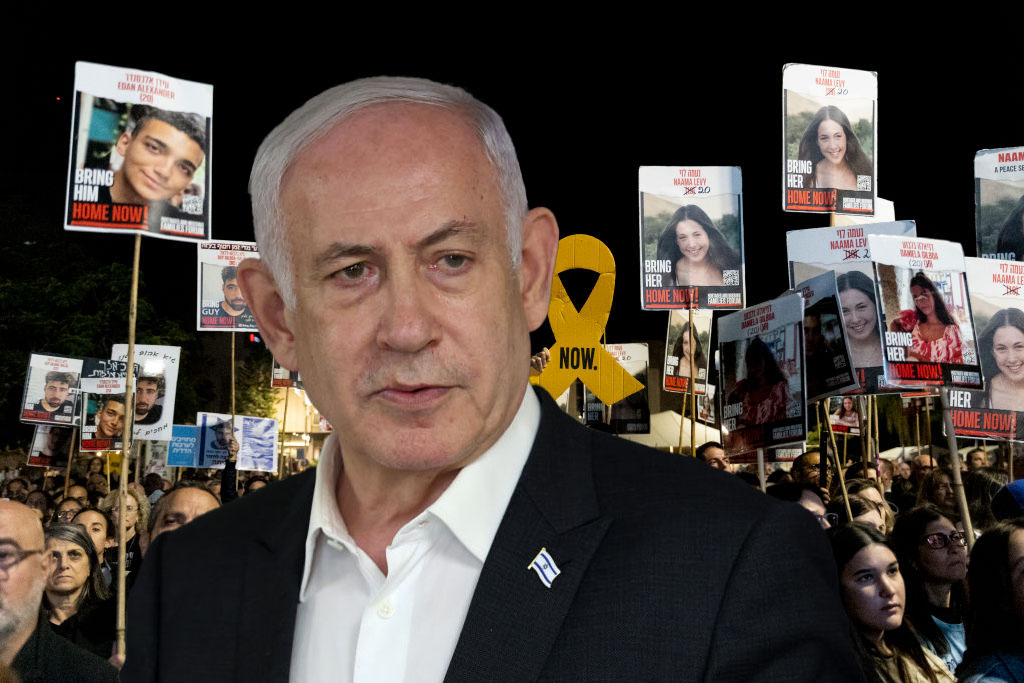




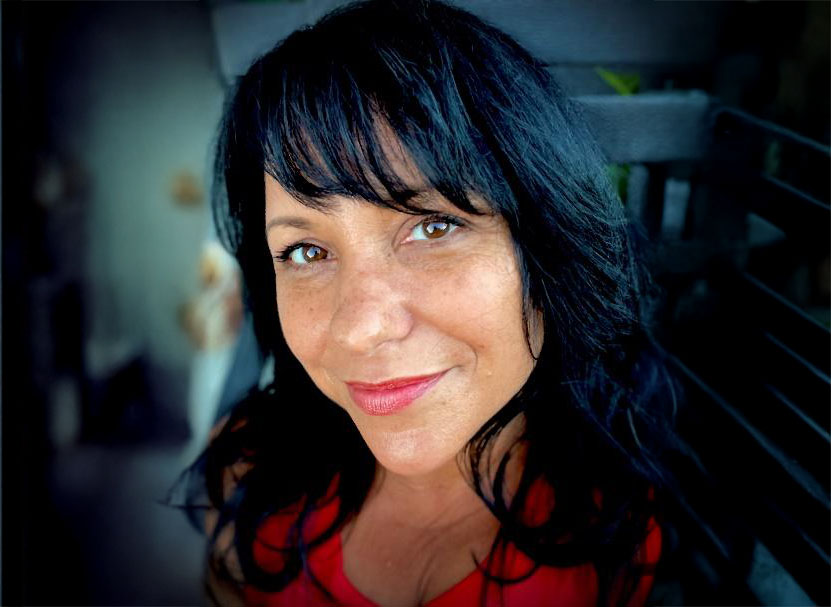

 More news and opinions than at a Shabbat dinner, right in your inbox.
More news and opinions than at a Shabbat dinner, right in your inbox.